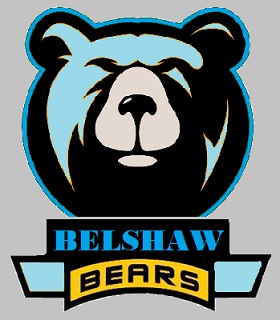Phone: 925-779-7495
Parents and Students
I am excited that you are joining us in 5th grade. The Fifth grade is the year of the daring and energetic child. As they progress through the year, they will be seeking peer approval and to be more independent at home and abroad. While they seek out their independence, they still need our approval and praise as well as personal space and guidance. You are starting the preteen years. This year we will be moving from primary learning into more advanced concepts. Students should have mastered basic math facts, basic grammar, and the basic paragraph before the start of 5th grade. The other big shift we will start seeing is moving from concrete thinking into abstract thinking. We will see them delving into level 3 and level 4 of on webs Depth of knowledge spectrum (See below) and the more that we can get them to use the upper levels of reasoning the better off they will be as they progress to the next grade levels. On the Class website, you will find access to various resources from website links to documents in case you lose an assignment sheet.
Norman Webb's Depth of Knowledge Levels
Level 1: Recall and Reproduction
Tasks at this level require recall of facts or rote application of simple procedures. The task does not require any cognitive effort beyond remembering the right response or formula. Copying, computing, defining, and recognizing are typical Level 1 tasks.
Level 2: Skills and Concepts
At this level, a student must make some decisions about his or her approach. Tasks with more than one mental step such as comparing, organizing, summarizing, predicting, and estimating are usually Level 2.
Level 3: Strategic Thinking
At this level of complexity, students must use planning and evidence, and thinking is more abstract. A task with multiple valid responses where students must justify their choices would be Level 3. Examples include solving non-routine problems, designing an experiment, or analyzing characteristics of a genre.
Level 4: Extended Thinking
Level 4 tasks require the most complex cognitive effort. Students synthesize information from multiple sources, often over an extended period, or transfer knowledge from one domain to solve problems in another. Designing a survey and interpreting the results, analyzing multiple texts by to extract themes, or writing an original myth in an ancient style would all be examples of Level 4.

